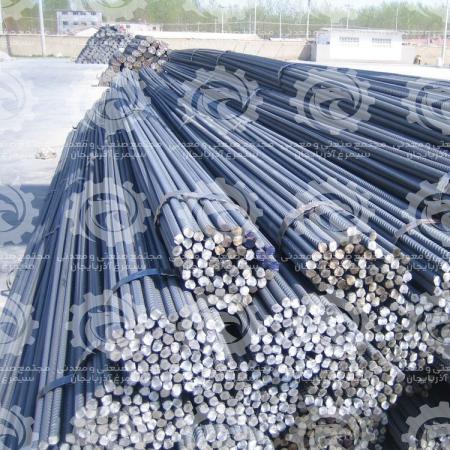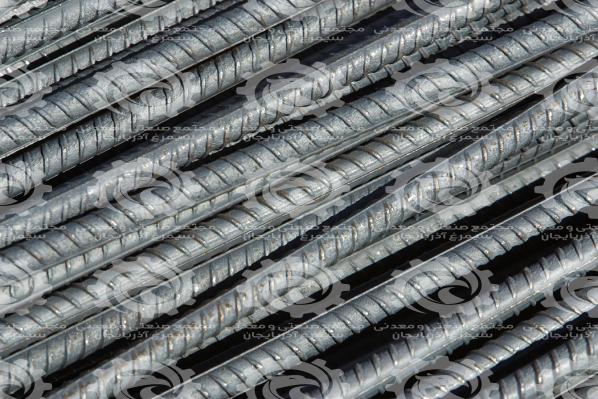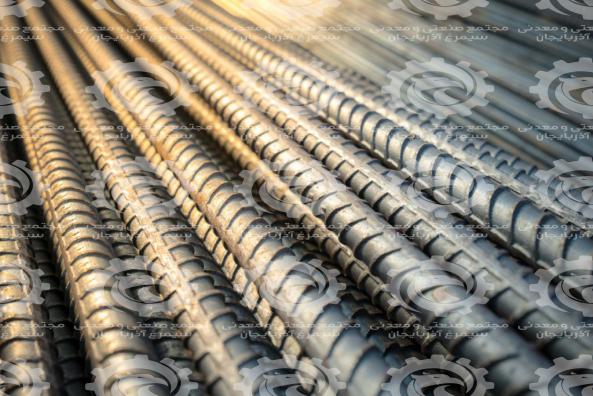Premium steel rebar Wholesale production

Thin steel rods in concrete can significantly increase its strength against tensile forces and ultimately build structures that offer significant resistance to both tensile and compressive forces. Gradually, the use of these steel bars increased and construction companies decided to use this product in their structures. However, there was still no standard method for producing rebar. Visit our site for more information on Premium steel rebar Wholesale production.

How much does rebar cost?
 Rebar was produced without a common standard until the first system for the standard production of these thin steel bars was introduced by Thaddeus Hyatt in 1878. The popularity of this process grew steadily in the 1900s, until the 1950s, most construction companies in the United States used rebar to reinforce concrete in their structures. Of course, the rebar manufacturing process provided by Thaddeus has been completed and improved over the years, eventually providing the optimal process for producing quality products to reinforce concrete.
Rebar was produced without a common standard until the first system for the standard production of these thin steel bars was introduced by Thaddeus Hyatt in 1878. The popularity of this process grew steadily in the 1900s, until the 1950s, most construction companies in the United States used rebar to reinforce concrete in their structures. Of course, the rebar manufacturing process provided by Thaddeus has been completed and improved over the years, eventually providing the optimal process for producing quality products to reinforce concrete.
The role of rebar in concrete also depends on the type of rebar. The main types of rebar and their applications are discussed below. Rebar is visually divided into 3 categories: simple, ribbed, and complex ribbed (coil). Each of these different types has strengths and weaknesses. Ribbed types are more used for concreting as their bending and breaking properties are less than non-ribbed ones, and concrete on ribbed rebar on the other hand becomes stronger. The surface of the flat steel rebar is completely smooth and uniform. This rebar is available in sizes 6 to 50 mm and has different applications in the construction industry.
One of the neat rebar applications is the construction of shrinkage joints for streets and airports. Shrinkage joints are used to prevent the concrete from shrinking and cracking. In order to prevent cracking, shrinkage joints are placed between concretes at regular intervals. Smooth reinforcements are easily bent and cut without damaging the entire rebar structure. Smooth rebar is strongly discouraged for structures such as heavy buildings and bridges. Since there is no strong connection between concrete and rebar, there is a possibility that the rebar will detach from the concrete due to the high pressure. Since these types of profiles have rough and ribbed surfaces, they do not have a flat section problem for placing in concrete.
During the concrete casting, a good connection is made between the rebar and the concrete and the probability of separation of the section from concrete is very low. Ribbed profiles are produced in sections of 6 to 50 mm. Ribbed rebar includes two different types of thermomechanical rebar or TMT and high strength ribbed rebar (HSD). Knowing the properties of each type of rebar helps to examine the role of rebar in concrete. For more information on steel rebar sizes, visit our site.
Wholesale production of Premium steel rebar
 Wholesale production of Premium steel rebar is done by our company and we distribute this product all over the country at a good price. Therefore, you can visit our site for more information about stainless steel rebar.
Wholesale production of Premium steel rebar is done by our company and we distribute this product all over the country at a good price. Therefore, you can visit our site for more information about stainless steel rebar.
You can contact us to buy and sell this product:
Sales consultant: Ms. Leila Nematzadeh
Ways of communication: Phone number: 02147623014
Phone number: 02147623014
 Phone number: 04133660491
Phone number: 04133660491
 Phone number: 09120169267
Phone number: 09120169267
 WhatsApp Response (Skype): click
WhatsApp Response (Skype): click
 Instagram: simurgh_steel_company@
Instagram: simurgh_steel_company@
 email: info@simurghsteelco.com
email: info@simurghsteelco.com
 email: ironore110@gmail.com
email: ironore110@gmail.com
 Facebook: ironore110@
Facebook: ironore110@
 LinkedIn: simurgh-iron-and-steel-company-a68295180@
LinkedIn: simurgh-iron-and-steel-company-a68295180@
 twitter: CoSimurgh@
twitter: CoSimurgh@

 Call number:
Call number:  Whats app:
Whats app:  Address: Salimi industrial Park, Tabriz, IRI
Address: Salimi industrial Park, Tabriz, IRI Instagram:
Instagram:  email:
email:  Facebook:
Facebook: 









